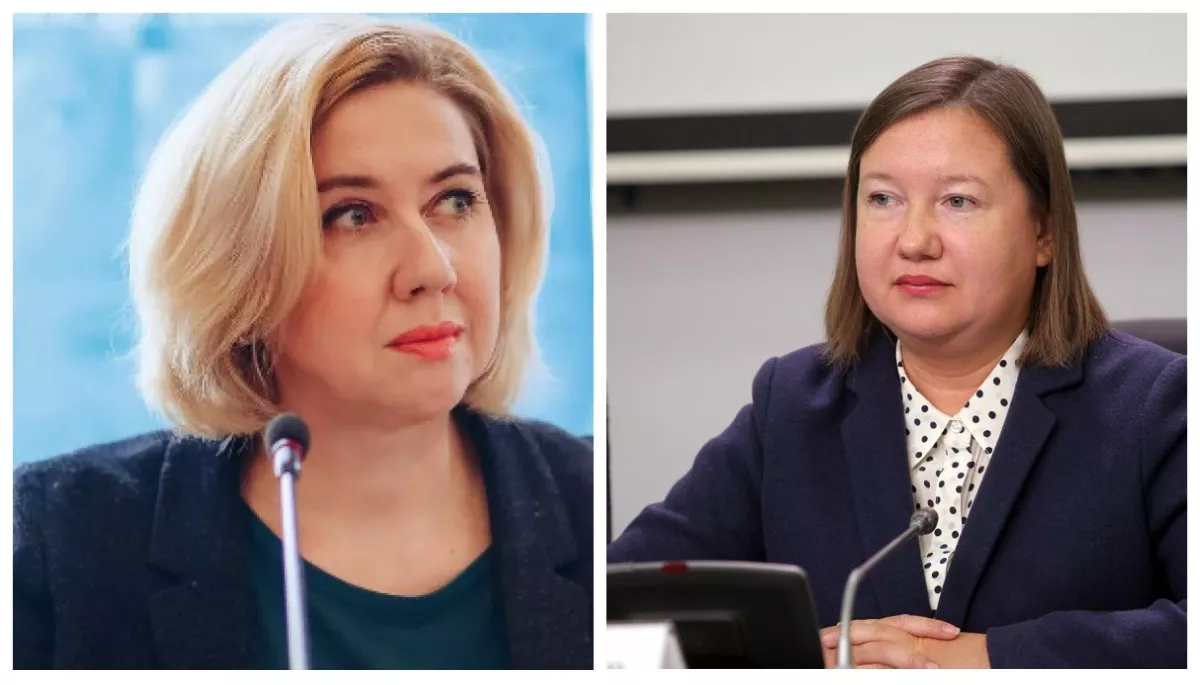NY Times: Russian TV Kowtows to Kremlin, Critic Says
A well-known television personality on Thursday used the occasion of an awards ceremony to deliver a blistering critique of Russian television, saying its journalists had bent so completely to the will of the government that they were “not journalists at all but bureaucrats, following the logic of service and submission.”
Leonid G. Parfyonov’s speech was especially remarkable because of its venue: an elegant dinner organized by Channel One, Russia’s leading channel, to honor the memory of a television host who was gunned down in 1995. Looking out at a glittering crowd that included many of the most powerful figures in the Russian media, Mr. Parfyonov said they had taken on the docile posture of the Soviet-era Central Television.
On federal channels, he said, one cannot hear “critical, skeptical or ironic discussions” of either President Dmitri A. Medvedev or Prime Minister Vladimir V. Putin.
“The highest authorities are beginning to look like the dear departed, of whom one says good things or nothing at all,” said Mr. Parfyonov, who was visibly nervous as he accepted his award. “This, despite the fact that the audience is obviously demanding different opinions; what a furor arose around that single exception, the televised dialogue between Yuri Shevchuk and Vladimir Putin.”
Mr. Shevchuk, a Russian rock star, exchanged views with Mr. Putin at a dinner for the Russian cultural elite, capitalizing on the occasion to lecture the increasingly irritated prime minister on press freedom, government corruption and police abuse, among other things.
Mr. Parfyonov was accepting the first annual Vladislav Listyev television award, which comes with a prize of one million rubles, or about $32,000. Video of the speech, which could be found on Channel One’s Web site, was viewed many thousands of times on Friday, particularly in media circles. A prominent blogger, Rustam Adagamov, called it “an epitaph for modern Russian television.”
Mr. Parfyonov sketched out the recent history of Russian broadcasting, starting with Mr. Putin’s ousting of media moguls whose channels were critical of the government and the demand for national unity that came in the wake of terrorist attacks. Journalists in Russia saw their work shearing into two categories: suitable for television, or not suitable for television. While newspaper reporters can still occasionally confront Mr. Putin with uncomfortable questions, television newscasters “guess the authorities’ goals and aims, their moods, their friends and enemies,” when tackling delicate subjects, he said.
“I have no right to blame any one of my colleagues, since I am not a fighter and I do not expect heroic deeds from others, but it is necessary to call things by their names,” he said. As media independence drains away, Russians are increasingly contemptuous of journalism in general and shrug their shoulders when journalists are beaten for their work, he said.
“People do not understand that journalists take risks because of their audience,” he said. “They do not attack journalists because they wrote something, or said something, or filmed something, but because people read it, or heard it, or saw it.”
Vladimir V. Pozner, a veteran television host who was serving as the event’s master of ceremonies, said the speech was startling precisely because Mr. Parfyonov is a cautious man who “has always been part of the corporate structure.”
“It’s not as much criticism of television as criticism of what the government has done to television,” Mr. Pozner said. “Everyone knows that’s the way things stand. Ever since Putin came in, the big channels have been tightly controlled, and everyone knows what you can say or not say.” But, he added, they do not say so in public.
“It’s a little bit like our friend Hans Christian Andersen, and the little boy who said, ‘But the king is naked!’ ” he said.
By Ellen Barry, The New York Times











